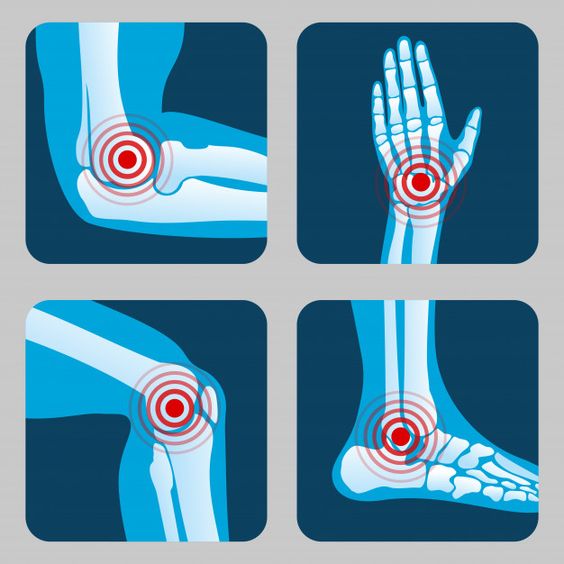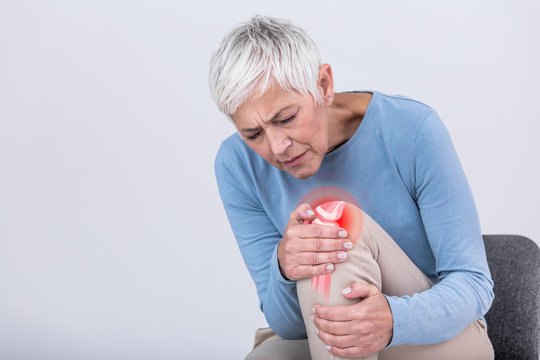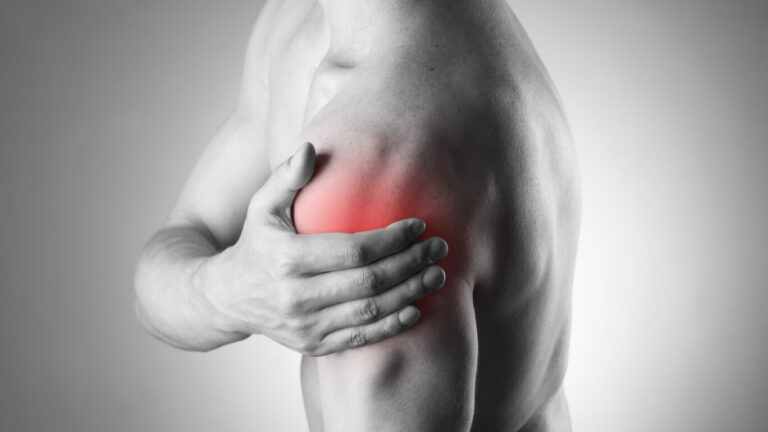Joint Pain Relief: Strategies and Remedies
Joint pain can be a debilitating and persistent issue for many individuals, affecting their daily activities and overall quality of life. Whether caused by arthritis, injury, or other conditions, finding effective strategies and remedies for joint pain relief is crucial.
Maintain a Healthy Weight
One of the primary contributors to joint pain, especially in weight-bearing joints like the knees and hips, is excess body weight. Maintaining a healthy weight can significantly reduce the stress on joints, minimizing pain and preventing further damage. Adopting a balanced diet and engaging in regular physical activity are key components of weight management.
Regular Exercise
Physical activity is essential for joint health and overall well-being. Low-impact exercises, such as swimming, walking, and cycling, can help improve joint flexibility and strengthen the surrounding muscles. Strength training is also beneficial, as strong muscles provide better support to the joints. However, it’s crucial to consult with a healthcare professional or a physical therapist before starting any exercise program to ensure it is tailored to individual needs and limitations.
Hot and Cold Therapy
Applying heat or cold to affected joints can provide relief from pain and inflammation. Warm compresses or heating pads are effective in relaxing muscles and increasing blood flow, while cold packs help reduce swelling and numb the area. Alternating between hot and cold treatments can sometimes be particularly helpful.
Joint Supplements
Certain supplements, such as glucosamine and chondroitin, are popular for joint health. These substances are natural components of cartilage, and some studies suggest that they may help reduce joint pain and improve mobility, especially in individuals with osteoarthritis. However, before adding any supplements to one’s routine, it is imperative to speak with a healthcare provider.
Anti-Inflammatory Diet
Conditions like arthritis and joint discomfort are frequently linked to chronic inflammation. Adopting an anti-inflammatory diet rich in fruits, vegetables, whole grains, and omega-3 fatty acids can help reduce inflammation and promote joint health. Foods like fatty fish, nuts, seeds, and colorful fruits and vegetables are known for their anti-inflammatory properties.
Physical Therapy
Working with a physical therapist can be highly beneficial for individuals experiencing joint pain. Therapists can design personalized exercise routines, provide manual therapy, and offer guidance on improving posture and body mechanics. Physical therapy aims to enhance joint function, reduce pain, and prevent future injuries.
Mind-Body Techniques
Practices such as yoga and tai chi combine gentle movements with mindful breathing, promoting relaxation and flexibility. These mind-body techniques not only help with joint pain relief but also contribute to overall mental well-being. Stress reduction is essential, as stress can exacerbate inflammation and worsen joint discomfort.
Pain Medications
Over-the-counter or prescription medications may be recommended by healthcare professionals to manage pain and inflammation. Nonsteroidal anti-inflammatory drugs (NSAIDs), acetaminophen, and prescription medications can provide temporary relief. It’s crucial to use these medications under the guidance of a healthcare provider and be aware of potential side effects.
Please also, Know About: Pain Management Treatment
Joint Injections
In some cases, healthcare professionals may recommend corticosteroid injections directly into the affected joint to reduce inflammation and alleviate pain. Hyaluronic acid injections, which can help lubricate the joint, are another option for certain conditions.
Surgery
In severe cases where conservative measures do not provide sufficient relief, surgery may be considered. Joint replacement surgery, such as hip or knee replacement, is a common option for individuals with advanced arthritis. It’s essential to discuss the risks and benefits of surgery with a healthcare provider and explore other options before considering surgical intervention.
In conclusion, joint pain relief involves a multifaceted approach that addresses lifestyle, diet, exercise, and medical interventions. Individuals experiencing joint pain should consult with healthcare professionals to determine the most appropriate strategies and remedies based on their specific condition. Implementing a comprehensive plan for joint health can lead to improved mobility, reduced pain, and an enhanced overall quality of life.







